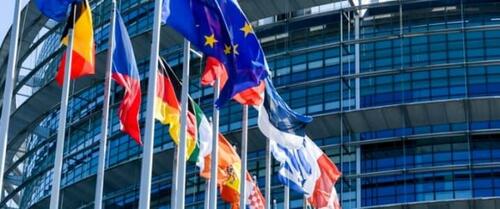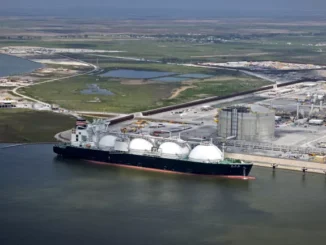
Plans to introduce price caps on natural gas prices have hit a dead-end after EU energy ministers on Thursday failed to reach an agreement amid deep divisions.
Czech Industry Minister Jozef Sikela has, however, said that the ministers did manage to agree on other “important measures”, including joint gas purchases, supply solidarity in times of need and expediting the authorization process for renewable energy. Sikela has also revealed that the ministers will meet again In December to try and work out their differences.
Earlier this week, the European Commission issued a statement whereby it declared what it called a “safety price ceiling” for gas prices set at 275 euros, or $283 dollars, per megawatt-hour.
The EC also planned to tie benchmark European gas futures prices to the price of liquefied natural gas on the spot market. The “safety price ceiling” would be triggered automatically, when “the front-month TTF derivative settlement price exceeds EUR275 for two weeks” and, second, when “TTF prices are EUR58 higher than the LNG reference price for 10 consecutive trading days within the two weeks”.
Both moves have caused trepidation amongst gas traders, “Even a short intervention would have severe, unintended and irreversible consequences in harming market confidence that the value of gas is known and transparent,” said the European Federation of Energy Traders this week.
Earlier in the year, Italy’s prime minister, Mario Draghi, hatched a radical plan to contain the oil price hike. The former European Central Bank president floated the idea of creating a “cartel” of oil consumers at a meeting with Joe Biden in order to increase their bargaining power similar to how the biggest oil-producing nations came together through OPEC to agree annual oil production quotas. The two met at the White House in order to coordinate their positions on Russia’s invasion of Ukraine and the economic fallout from the conflict.
“We are both dissatisfied with the way things work, in terms of oil for the US and in terms of gas for Europe. Prices don’t have any relationship with supply and demand,” Draghi said.
According to Brussels think tank Bruegel, since September 2021, Germany, France, Italy and Spain–four of the largest EU economies–have each spent EUR20bn-EUR30bn to artificially lower energy prices. However, these subsidies are viewed as less than ideal since they help to fund Moscow, drain public finances and harm the environment.



